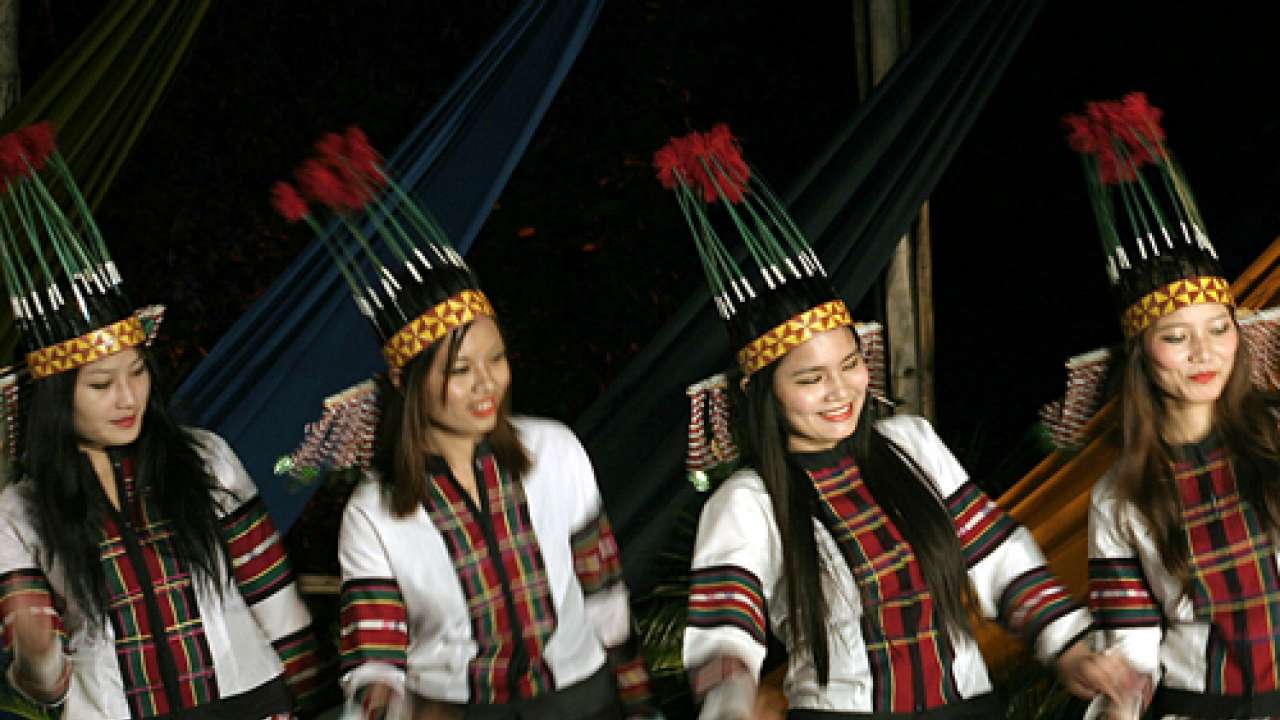
The Election Commission of India (EC) had to bow down to the conglomerate of powerful civil society organisations in Mizoram who came together calling a 72-hour bandh to disrupt the elections for the lone Lok Sabha polls in the Northeastern state where the Congress is in power. Polling has been rescheduled for April 11 and the shut down has been called off.
The bandh has been called by three major civil society watch dogs which rule the roost in Mizoram: Young Mizo Association, Mizo Hmeichhe Insuihkhawm Pawl (women’s organisation) and Mizoram Upa Pawl (senior citizens’ organisation) besides two students’ organisations: Mizo Zirlai Pawl and Mizo Students’ Union supported them.
The shutdown was called as a mark of protest against the exercising of the right to vote by Bru refugees of Mizoram lodged in relief camps on the northern part of neighbouring Tripura since 1997.
The EC had to bow down after total response to the shutdown by the people of Mizoram. It also had to promise that from the next election, they would allow the Bru refugees to vote only inside Mizoram.
Before calling the bandh, Mizo community organisations had warned the EC, but the poll panel went forward with its plan of conducting postal ballot voting for the Bru refugees in their relief camps in Tripura on April 1. This irked the community organisations. Of the 35,000 refugees living in the relief camps, 11,243 are enrolled in Mizoram’s voter list, more than 70% has cast their votes through the postal ballot.
So what’s the fuss about the voting rights to Bru refugees who are in relief camps in Tripura for more than 17 years? The answer lies in the deep rooted ethnic divide between the majority tribe, the Mizos, and the minority tribe, the Brus, who are known as Reangs in Tripura and southern Assam , one of the most primitive tribes of the country.
The murder of a Mizo forest guard in the Dampa Tiger Reserve in 1997, otherwise seen as a normal case of murder, took on communal colour in 1997 and resulted in fierce ethnic clashes between the Brus and the Mizos of Mizoram. Over 50,000 people have left their homes since. More the 35,000 Brus sought refuge in neighbouring Tripura’s Kanchanpur subdivision. They were housed in six makeshift relief camps.
The then underground Bru National Liberation Front (BNLF) was thought to be behind the killing of Mizos and so the Mizos chased out the Brus . The underground rebels at the time were involved in an insurgent movement inside Mizoram with a demand for the creation of an Autonomous District Council (ADC) in the Bru-dominated areas of western Mizoram; the Mizos were against any autonomy for the Brus.
For 17 years, the Brus have been languishing in relief camps, a life full of uncertainties. For long the Mizoram government never wanted to take them back, Tripura has always treated them as a burden and for Centre they were non-entities.
The Brus got help from the underground rebel groups of Tripura like the banned underground outfit United Liberation Front of Tripura (NLFT) formed the Bru National Liberation Front (BNLF) that surrendered in 2001 followed by Bru Liberation Front of Mizoram (BLFM) that came above ground and surrendered en-masse in 2006.
Even then repatriation to Mizoram was not in sight.
New Delhi created pressure on the Mizoram government and conducted a fresh survey of inmates of the camp. They finalised the names of more than 27,000 refugees to be taken back in phases, but that process itself is stuck in limbo, with opposition from Mizo civil society groups. Even then refugees were reluctant to go back, they are still insecure about their lives. Between 1997 and 2012, some 17,000 Brus have returned to Mizoram, until the Mizo government stopped repatriation.
The Mizo civil societies allege the Brus are still involved in insurgent activities inside the state. Thus when the Brus were allowed to vote from relief camps the Mizos saw it as a process of giving them political upper hand and thus resorted to shut down.
This crisis is perhaps a classic example how ethnic divide rules politics in the Northeast and even the general elections have been affected by this.